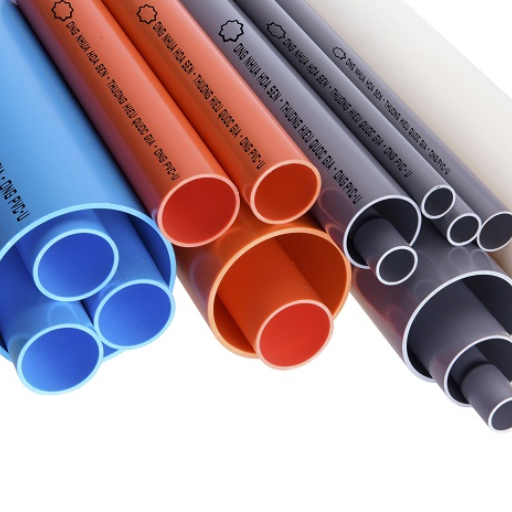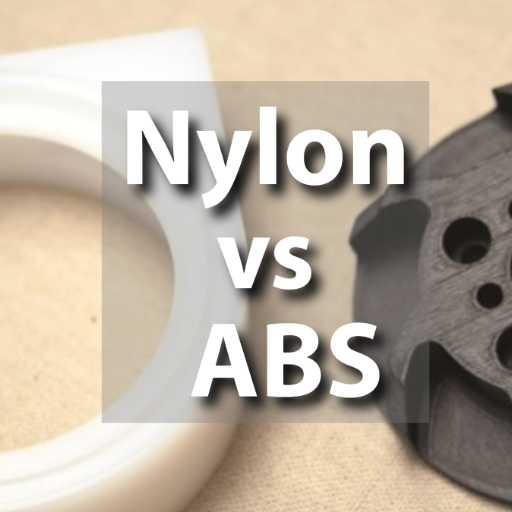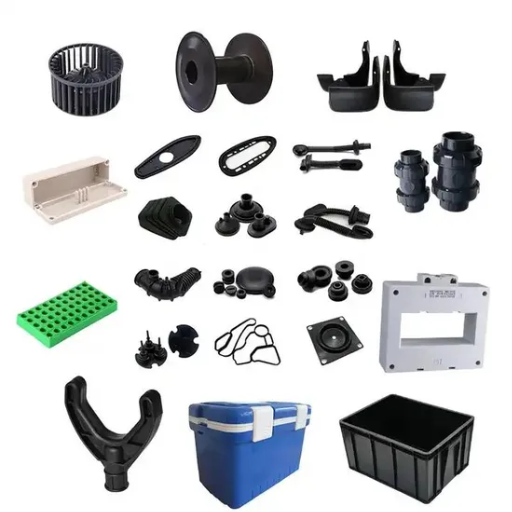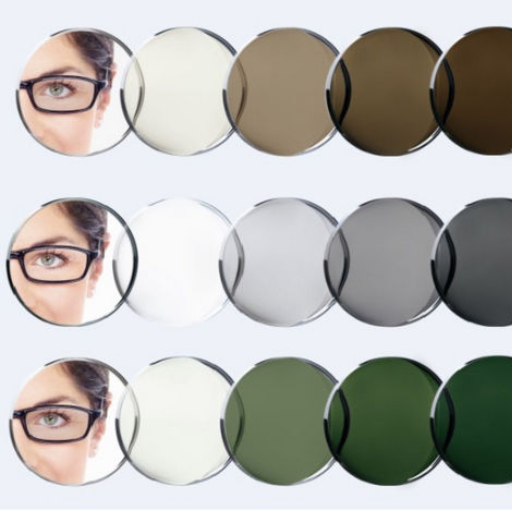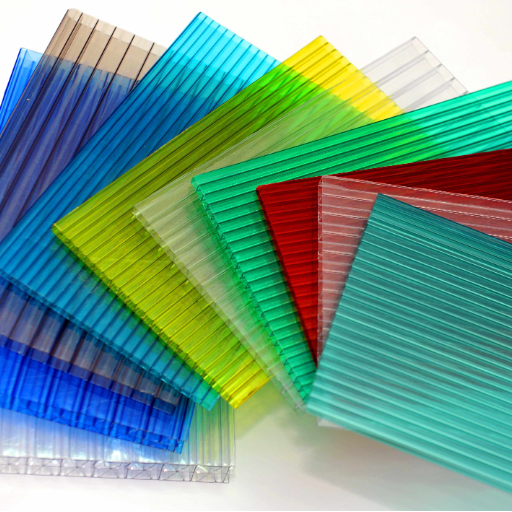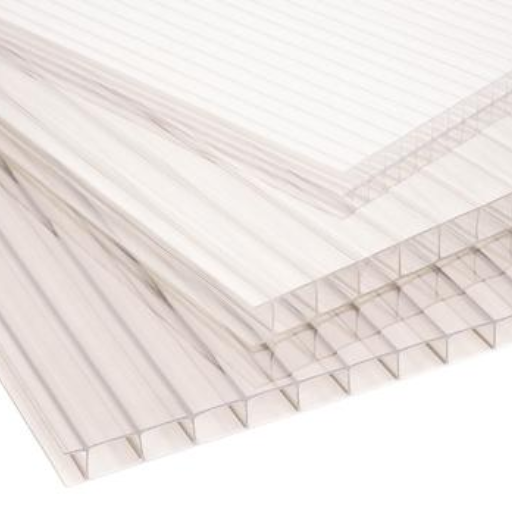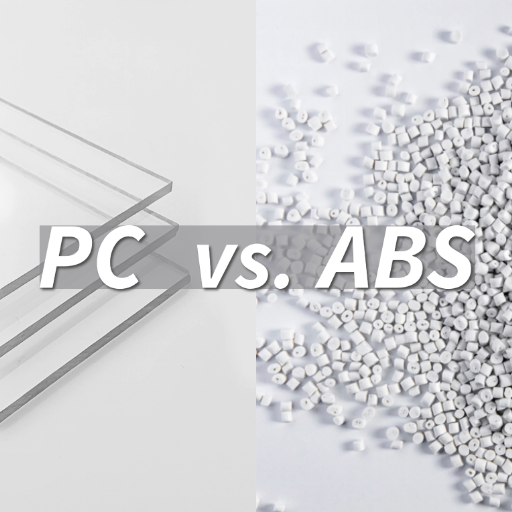Exploring the Essentials of Polycarbonate Plastic
Explore the Typical Causes and Resolutions
Experience the world of an interesting polycarbonate plastic, an artificial polymer that merges its transparency with high resistance to impact in order to transform multiple industries. Through this guide, we will discover the secret behind its capacity to last forever, look at how it is used in various ways, and learn about sustainability attempts.
- Assured Performance
- Reliable Solutions
- Reasonable pricing
- Worldwide Delivery
Save at least 50% on average

Home » Polycarbonate Plastic
Ultimate Guide to Polycarbonate Plastics
The amazing versatility and longevity of polycarbonate plastic, a high-performance material that has revolutionized many sectors with its remarkable transparency and toughness. Used in everything from eyeglasses to spacecraft, polycarbonate is outstanding as it resists impacts and extreme temperatures, which makes it crucial for demanding applications. This guide will discuss the fundamental features and creative uses of this material that show why it still appeals both to engineers’ and designers’ communities.
Understanding the Differences Between Plastic and Polycarbonate Lenses
What is Polycarbonate Plastic Made Of? Discover the Chemical Industry Insights
Explore the Benefits of Polycarbonate Sheets for Your Projects
Commonly Asked Questions
Q: How is polycarbonate plastic made?
A: Polycarbonate is a malleable and resistant thermoplastic polymer that does not break easily and has high resistance to optical clarity and heat. It is used in different areas, such as glazing and electronic equipment.
Q: What are the essential physical properties of polycarbonate?
A: On the physical aspect, we have several, including high impact strength, optical clarity, and ability to withstand high temperatures; it thus serves as a good option when transparency and toughness are critical.
Q: What are the variations between polycarbonate and acrylic plastics?
A: These materials have been used for transparent applications but differ in that polycarbonate tends to be more shock-resistant than acrylic, which is stiffer but also fragile. Additionally, polycarbonate plastic offers better resistance to UV light or thermal instability.
Q: Can you cut polycarbonate sheets to size?
A: Yes, you can easily alter its sizes by cutting them up. Some suppliers even offer a service where they cut to your specifications so you get exactly what you need for your application purposes.
Q: Are transparent polycarbonate sheets UV stable?
A: They are true because sunlight exposure helps prevent yellowing degradation over time. This quality makes them ideal for outdoor use, such as roof or window glazing.
Q: What are some common uses of polycarbonate plastic?
A: The commonly found applications of this type of plastic include glazing of windows, roofing materials, or protective shields, while optical discs are parts that make vehicles run smoothly without compromising the view of cars’ electronics, among others. Its extraordinary impact resistance, combined with excellent transparency, makes it an ideal choice for many industries.
Q: How do I clean and maintain my polycarbonate sheets?
A: Clean with mild soap or detergent using warm water and a soft cloth. Do not use abrasive cleaners or sharp objects that can scratch the surface. Proper maintenance will keep the material clear and long-lasting.
Q: Is polycarbonate safe for food contact?
A: Generally, one can use polycarbonate for food applications, but be sure to verify that the grade of polycarbonate used meets the requirements of food safety regulations. Few concerns have been issued about certain bisphenol A (BPA) products made out of polycarbonates, and it is always good to find out whether the product being used does not contain BPA.
Q: Can you laser-cut polycarbonate sheets?
A: Yes, with a laser engraver; complex shapes can be created on these sheets easily. However, when cutting, one must employ appropriate settings and tools not to melt or damage it.
Q: What are some advantages of using polycarbonate for roofing?
A: The advantages include high impact resistance, transparency, and UV protection, as well as the ability to withstand harsh weather conditions, hence making it a suitable choice for roofs. Such roofs enhance durability and allow sunlight penetration which may be necessary in residential or commercial buildings.

Discover the ideal Polycarbonate Plastics option tailored to your needs.







